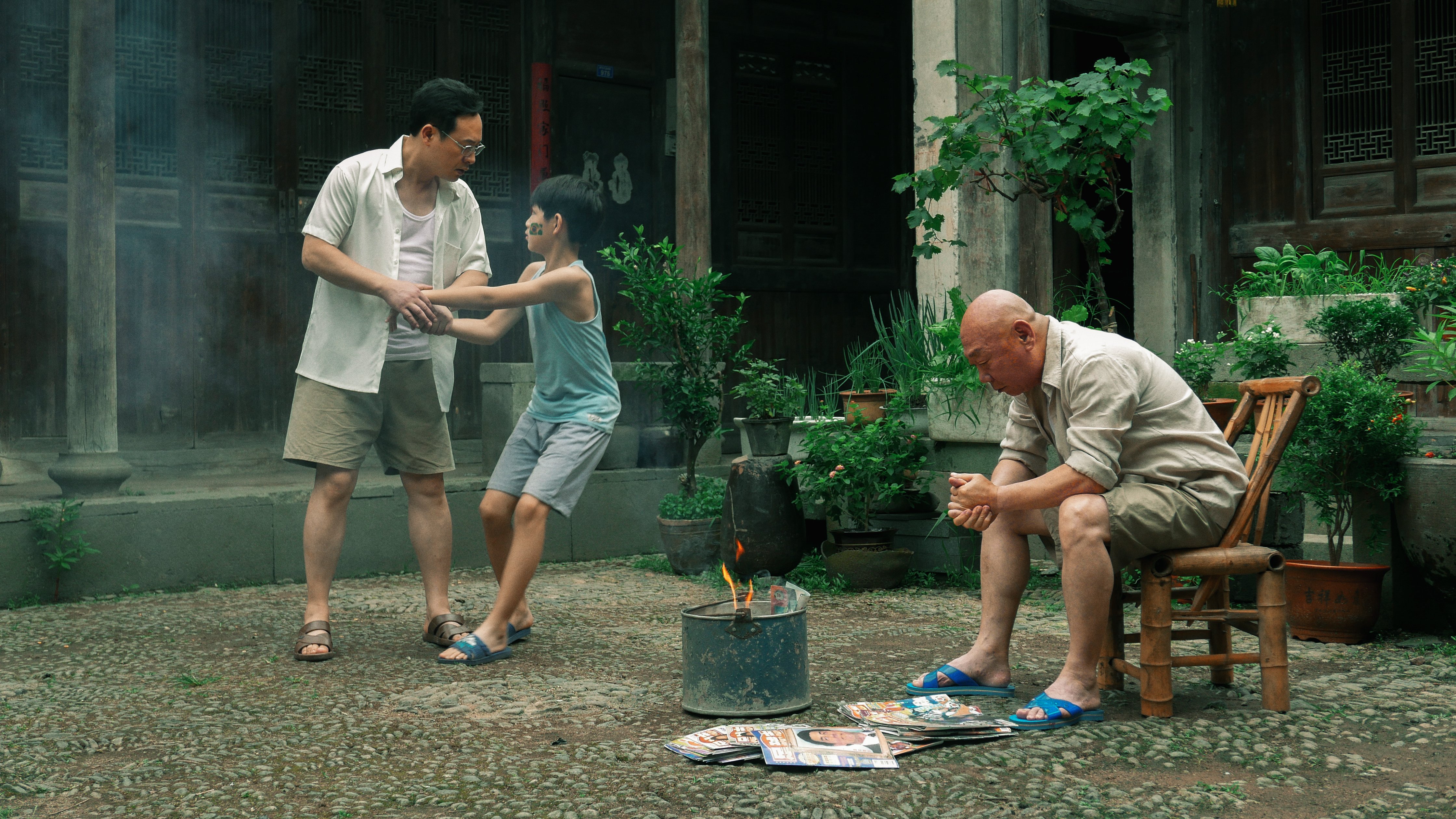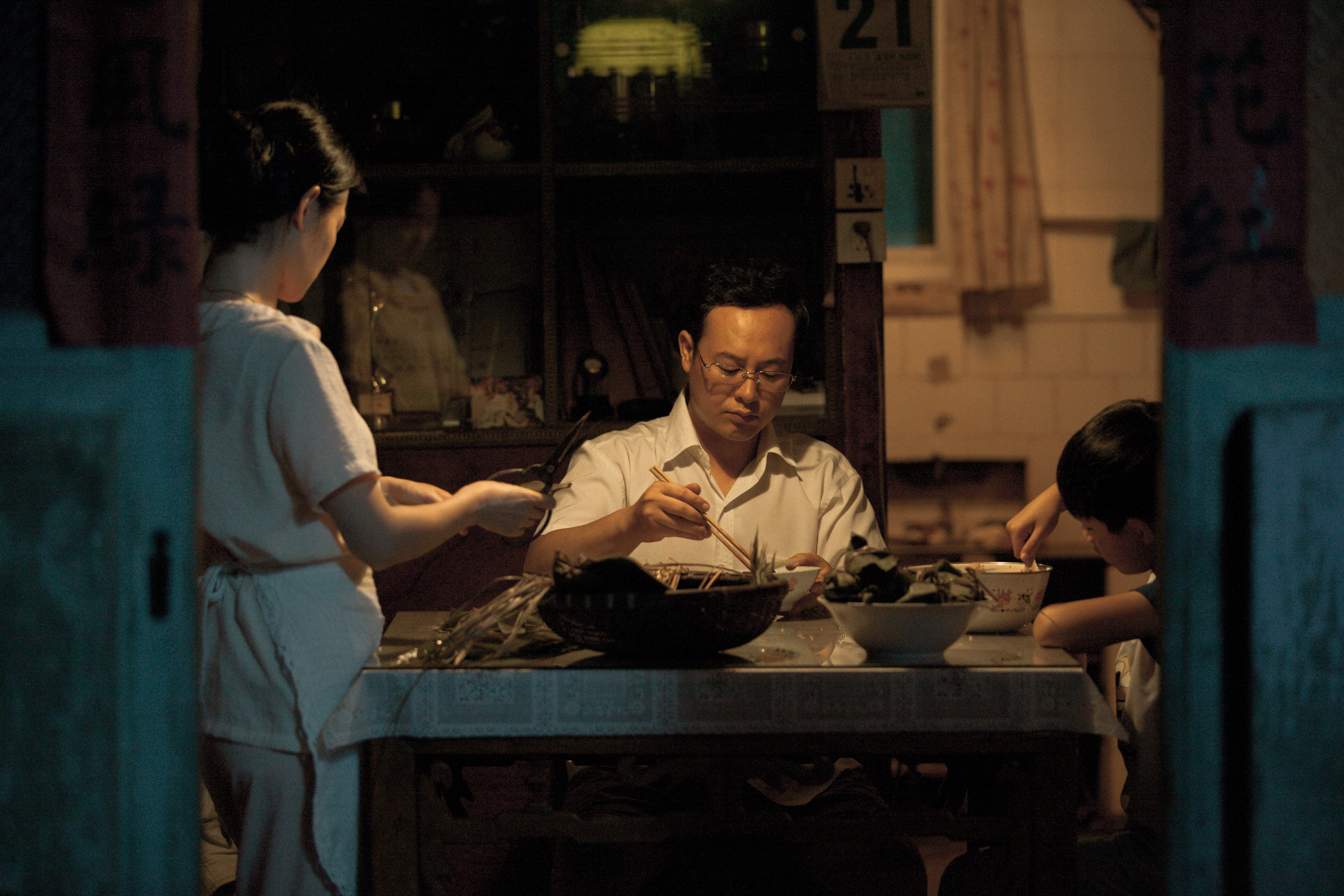End of Summer [2018]: ‘NYAFF’ Review
Debutant director Zhou Quan’s End Of Summer is undoubtedly the unadulterated version of what’s wrong with modern day pressures of matching a significant standard of living, alongside other important issues – especially the ones that get shadowed majorly.
Quan’s take on friendship, sexual desires and the fact that maturity is an occurrence that does not wait for you to cross a certain age are the primal things to look out for. A well-balanced mishmash of content and form with necessary exaggerations are all signs of decent direction for a debutant, who’s not only handpicked a set of complex issues to represent through his film but has also challenged himself to direct a child protagonist.
Gu Xiaoyang (Rong Zishan) – the “mature” but childish protagonist from End Of Summer is a soccer lover. His dreams to pursue the sport are routinely pushed away by his father Jianhua (Zhang Songwen). Jianhua is that typecast guardian, lover of academics teaching at the same school as his son. His belief in acquiring merit through books tells him that sports are a distraction for kids. As a father, his top priority is a disciplined child.
For years, Jianhua and his wife have mechanically worked and accumulated funds for a better living. Their neighbor, and Xiaoyang’s friend, next-door Grandpa, share the same courtyard in an old mansion turned shared space for residents. To Xiaoyang’s liking, next-door Grandpa is also a soccer fanatic. Set during the 1998 Soccer World Cup, the film restores the masses’ faith in bonding through sport.
The little sub-plots intertwined within the major one manages to carve out the culture specifics of 1998, a time and its people, very sensitive towards English-speaking skills and knowledge. The age of liberalization and the need for quick alterations in school curriculum used to be the need of the hour. The film also addresses a linguistic conflict, not so much in the limelight, nevertheless bubbling ripples amidst people vs institutions — the latter succumbing to a reduction of language to a mere tool for moneymaking. The loss of the importance of nativity is a struggle not so uncommon.
With an abundance of extreme and mid-long shots, made establishment heavier than closing-in on characters and design intricacies. This could be both – a drawback and an advantage. A small Xiaoyang placed in frames larger than life, with mansion entrances, empty roads – to keep up with the insignificance he can only share with next-door Grandpa.
To reduce the father’s sexual desires to a minimal feeling of frustration with life is a rather dead approach towards exploring male sexual desires post marriage. His urge to be less aged with a woman half his age, and being caught by his son multiple times while he’s at it, is a well-told stigmatic situation in a man’s life.
I could be a sucker for pace but for what I am about to say next shouldn’t be interpreted as the need for pace. Many would not see pace as a problem in this film and could call it a choice well-suited for the kind of story being told. However, because of the abundance of shots that create a visual illusion of elements appearing larger than they are needed to be sewed with cuts that would conjoin the symbolism with the progression.
The color palette which is a mix of greens, blues, and yellows, all dull when used singularly reflected the tonality aptly. But to say that this was a well-written would be a chance taken to explore if loose structuring could at all affect the final product. Here is a story about hidden desires, passions, frustrations, friendships and romantic relationships from the eyes of a man, from the eyes of his child and what this film also brings with itself is the space for accommodating every character’s fight to be on the frame.
Must male sexual desires always transcend into infidelity? A question often raised by very many storytellers but never enough until now. As much as I’d like to believe that this story is about a child who dreams of soccer, it increasingly kept on becoming more about his parents and more complex issues that were maybe not blended into the plot too well.
End of Summer is a story well-told in terms of lensing and colors, and what essentially is on the screen in its physical essence. But it is not so in terms of the thematic and ideological standpoints. And maybe, it is these flaws that have the ability to raise these important questions in my mind.
Takes a hard shove to a man’s ego for him to soften towards his own blood. The shove is what rid him of his idiosyncrasies. The idiosyncrasies that were depriving his family of the fairness they deserved all along.
To me –End of Summer is a work of efforts, awareness, understanding people and thankfully not fabricating more stereotypes than there already are. This is and will be one of those films that chose to keep age and morality miles apart from each other viz-a-viz a society that loves to hitch the two together as though they’re meant to be.




